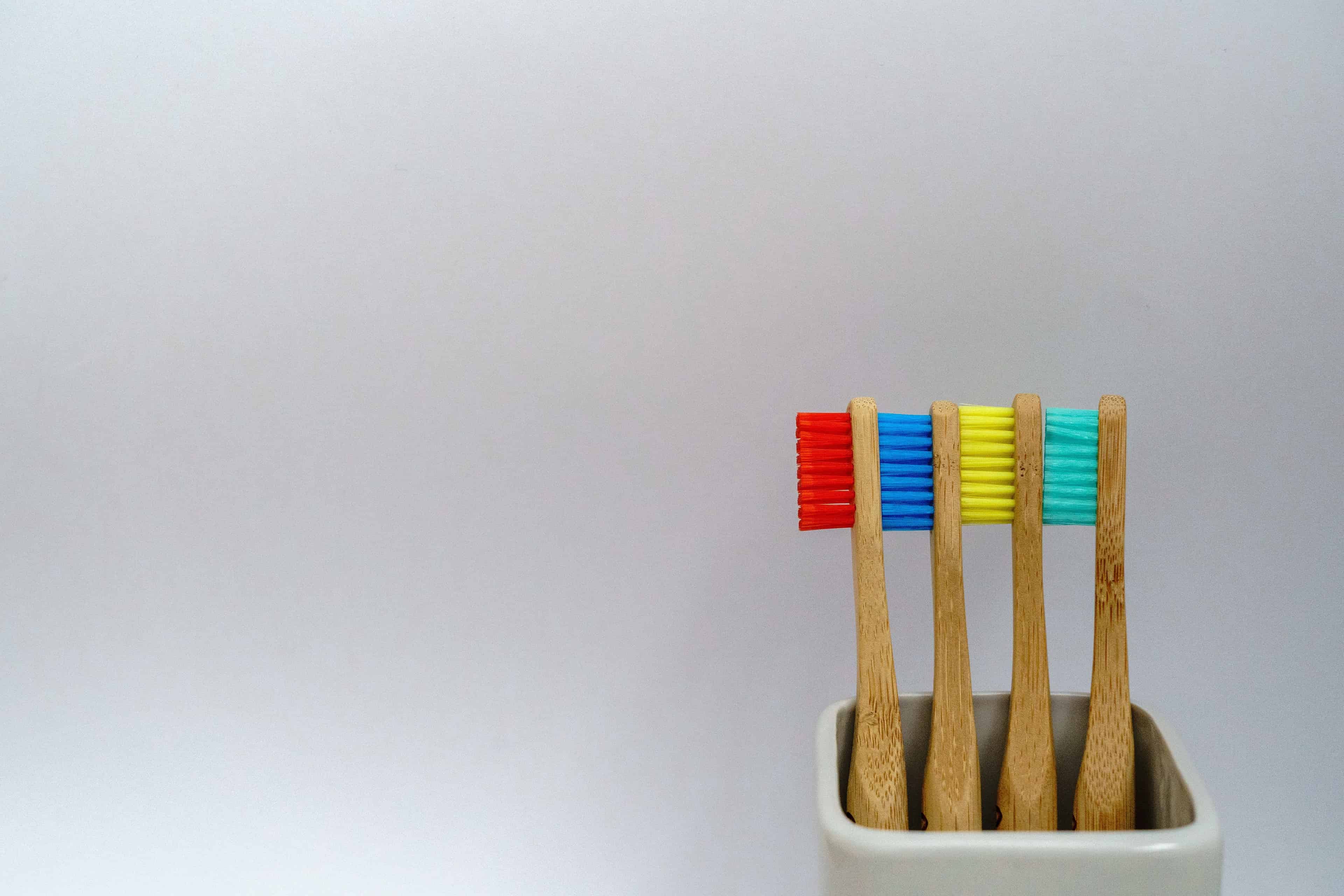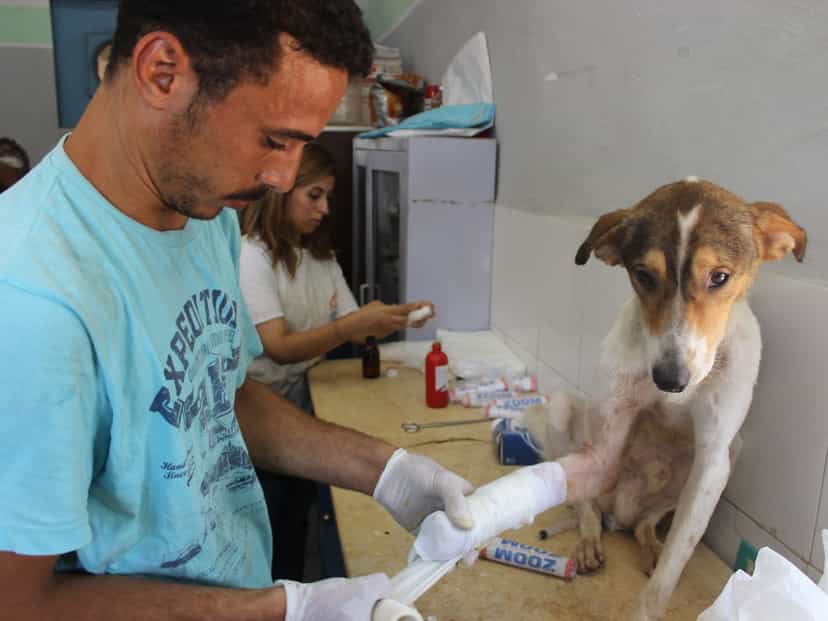
Your dog’s dental hygiene is an important part of their overall health and wellbeing. Here are a few things you can do to ensure they have a happy, healthy mouth.

DENTAL CHECKS
A neglected mouth can lead to serious health problems that can cause your dog a lot of pain and discomfort, so make sure to check their mouth regularly, keeping an eye on their teeth and gums for any abnormalities. Always consult your vet if you’re concerned or notice something unusual.
BREATH
Smelly breath can sometimes be caused by food getting stuck in the mouth; a good check and brush-up should help. However, if your dog suffers from ongoing bad breath, it could indicate a more serious health problem, such as gum disease, gastrointestinal illnesses and even diabetes (!) – so have it checked out by a vet
TOOTH BRUSHING
Regular brushing can prevent plaque and tartar build up and help keep breath smelling fresh(er!). It also gives you a good opportunity to give their teeth and gums a good visual check, to make sure everything looks tip top. Always use a dog friendly toothpaste – NEVER use standard human toothpaste, your dog will hate the strong smell and taste and also many human tootpastes contain xylitol which is highly toxic to dogs. The younger you can get your dog used to having their teeth brushed the better!
A GOOD CHEW
There are lots of different chews available that can help to keep your dog’s mouth healthy. From dental treats that are specifically designed to keep your dog’s breath fresh and their teeth clean, to longer lasting chews made from things like yaks milk. A big juicy bone (uncooked) will also help keep their teeth clean. Try to select good, natural products with no nasty additives or chemicals (avoid rawhide products for this reason!) and REMEMBER all chewing should be supervised, to avoid the risk of choking.
SUPPLEMENTS
Some dogs simply will not tolerate having their teeth brushed, without causing huge stress to them and you. If your dog is one of those, you might consider adding a dental supplement to their food or water. Although not as effective as brushing, they can help to reduce the amount of plaque build-up.


